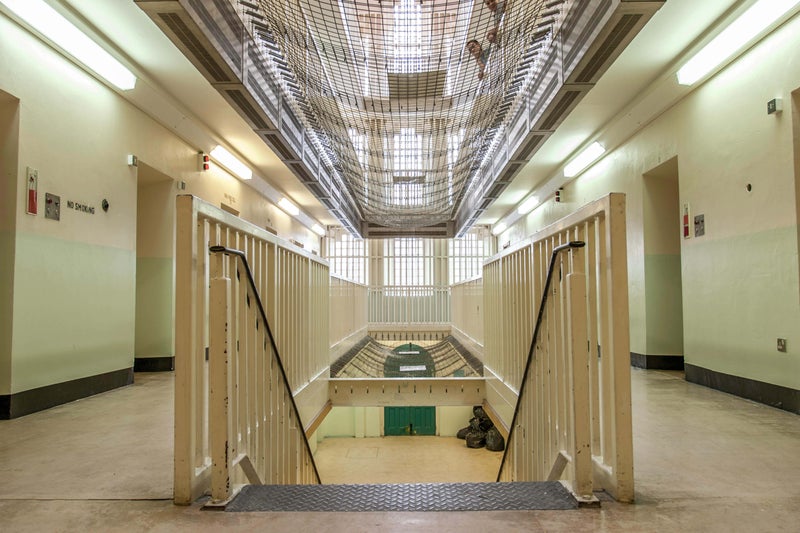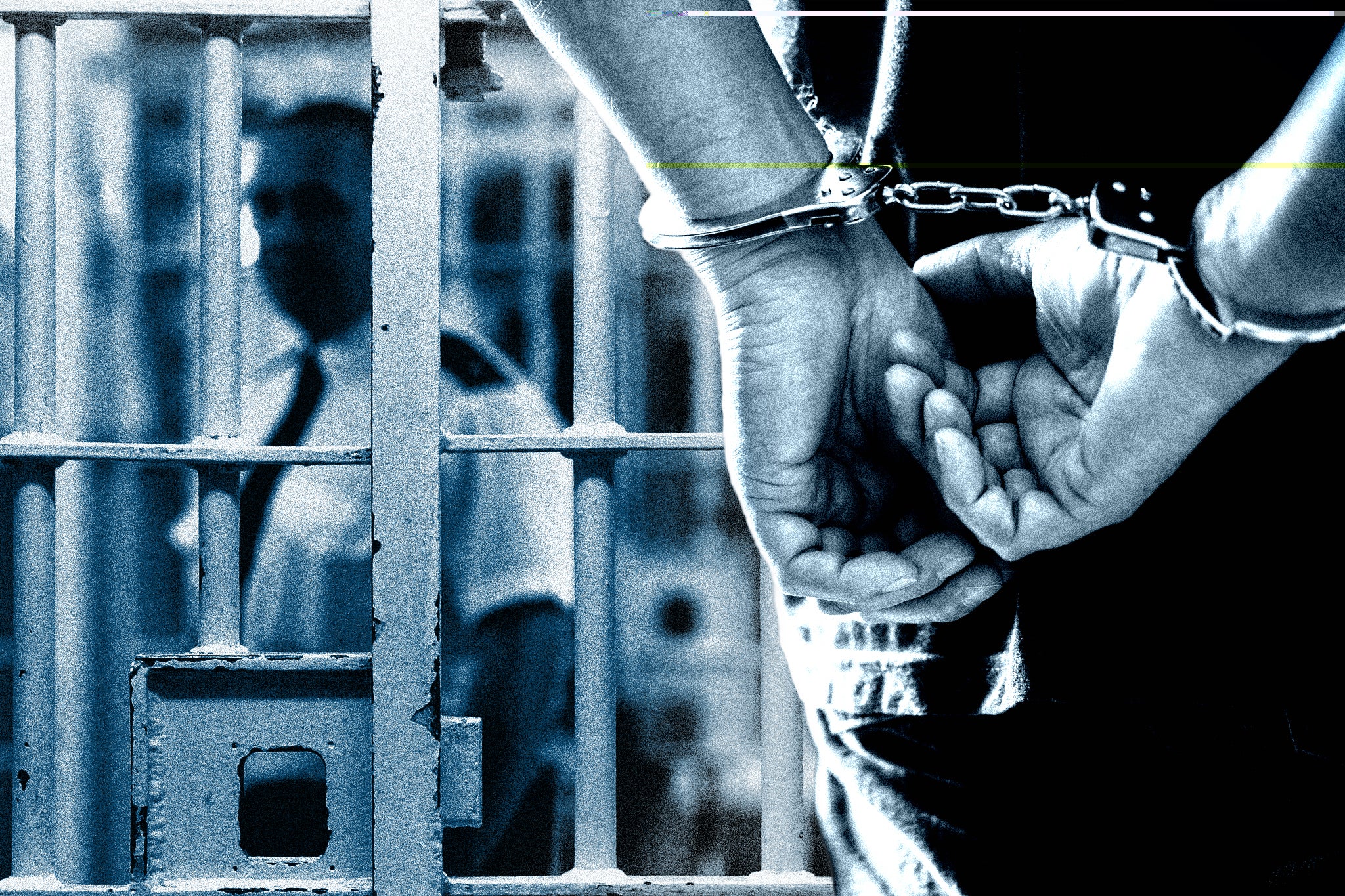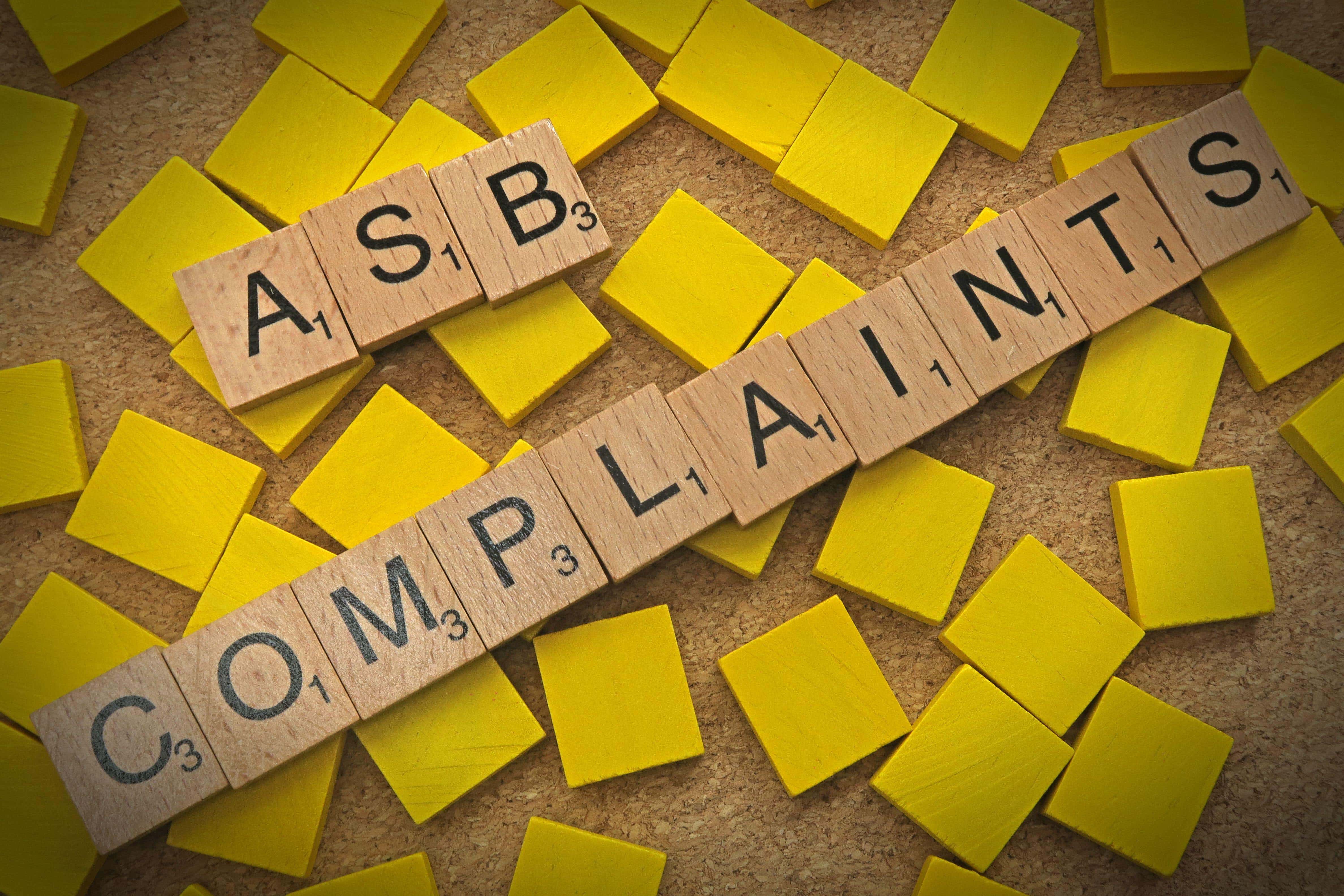Editorial: Labour has already ignored the advice of the Parole Board – it cannot turn a blind eye to the UN’s recommendations. At a time when international institutions are coming under increasing pressure and attack, the work of the United Nations special rapporteur on torture, Dr Alice Jill Edwards, proves their worth. Shamefully for the British government, she has now found it necessary to do so in the case of the UK.
As The Independent reveals today, Dr Edwards finds that the treatment of a certain class of prisoners, held under an inherently unjust and anachronistic regime of indefinite detention, probably amounts to “arbitrary detention” by the UK, “psychological torture” and, “very likely”, a breach of their human rights. Some, about 700, have been locked away for more than 10 years after their initial sentence was completed.
In truth, it comes as no surprise to anyone who has been following the issue – but unfortunately, for whatever reason, the plight of these men and women kept in jail long after their initial sentencing, for sometimes trivial offences, has not loomed large in the public consciousness. Rather less understandably, their plight has been utterly neglected by officialdom. Lord Timpson, appointed as a minister with the change of government, not only has expertise in this field, he has demonstrated the much-needed empathy and zeal to aid the most vulnerable prisoners – and if he helps right this ugly wrong, may even reach heroic, Wilberforcian heights.
Combined with some vigorous campaigning by parliamentarians and charities, this may all lead to change that’s long overdue. It cannot come too soon. Once the details of the cases of the more than 2,600 human beings involved are understood, it is clear how intolerably cruel their treatment can be. They are in effect being held without trial, nor much hope of parole. For want of a better term, they amount to administrative miscarriages of justice, deprived of the rule of law so far as their human rights are concerned.
If it were happening under some dictatorship in a faraway country, the Foreign Office would be making official complaints about the individuals suffering in this way. James Lawrence, for example, is one such – still in prison some 18 years after he was handed an eight-month jail term. There are many other examples, including Thomas White, who set himself alight in his cell after serving 12 years for stealing a phone; and Abdullahi Suleman, who remains in jail 19 years after he was jailed for thieving a laptop. At least 90 IPP prisoners have taken their own lives in prison as they lost hope of ever getting out.
They also face unreasonable blocks when it comes to parole; live interrogations take place over Zoom, which leaves them feeling even more abandoned, and others face lengthy waits of up to four months when their hearing is rescheduled through no fault of their own. It is plainly wrong. The system of indefinite public protection (IPP) sentencing dates back to the Blair government, as part of its “tough on crime” policy. It was badly designed, incomprehensible even to the lawyers who tried to make it function, and has even been disowned by Lord Blunkett, who was the home secretary responsible for introducing it.
It soon became clear that the IPP sentences were a poor substitute for a conventional system of stiff sentencing and judicious parole; adding an indefinite – ie unlimited – period of custody to sometimes brief custodial sentences could and has led to grotesque results. The system was abolished in 2012 after the European Court of Human Rights (ECHR) ruled against it. There have thus been no IPP sentences since that time. Yet many who were sent down before the ECHR ruling remain mouldering in overcrowded prisons when they have long since done their time, committed no new crimes, and pose little or no danger to the public.
At a time when the prisons have grown so short of cells that quite serious offenders are being released early – much to the disgust of their victims and the wider public – the occultation of space by IPP inmates is indefensible, on practical as well as moral grounds. As Dr Edwards puts it: “Keeping them locked up indefinitely, without a clear path to release, is simply inhumane. Some of the IPP prisoners are very likely being detained arbitrarily, by international standards. Notably, those who have been incarcerated for longer than they would have been on the ordinary definite sentencing system.”.
One immediate problem seems to be a reluctance on the part of ministers to progress IPP cases to open prisons, with day release, even when the Parole Board recommends it. There may be justification for this in some cases – but in any event, it is not how justice should be done. What is very obviously required is a full programme for IPP re-sentencing, including the possibility of immediate release. The IPP cases should be reviewed by a judge and with all the evidence made available in a public hearing. It may be that legislation is needed, or a special tribunal set up to do this, but Lord Timpson, as an unusually expert prisons minister, and the justice secretary, Shabana Mahmood, need to get on with whatever reforms are necessary as soon as possible.






















